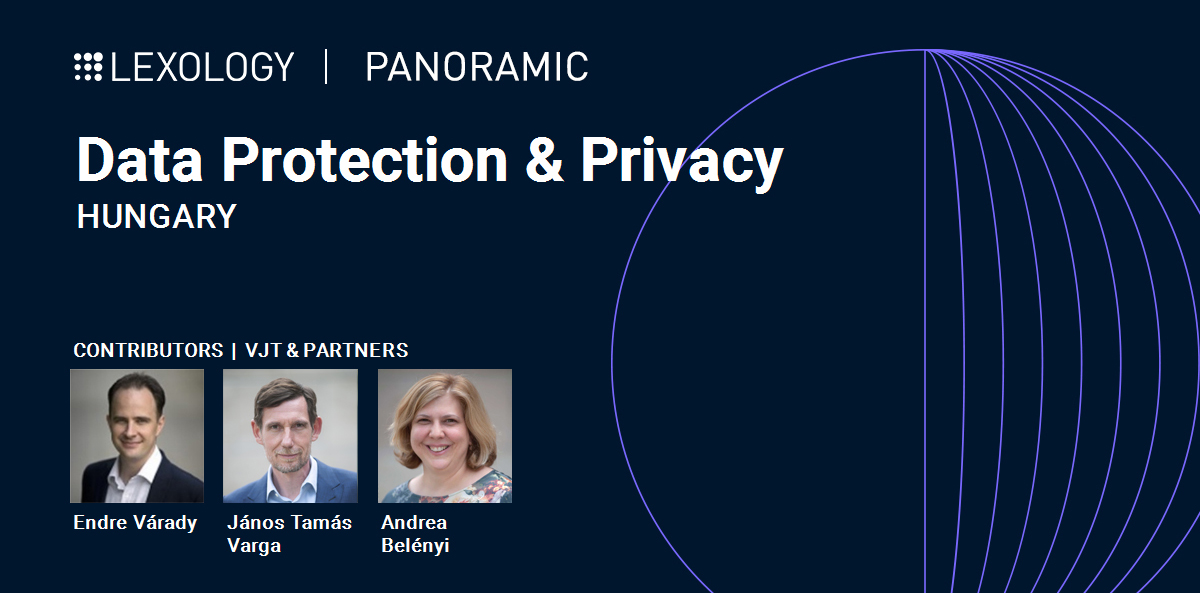Dr Laura Kőszegi, Dr Gábor Hacsi // origo.hu // 28 February 2017
Even in the most honorable of business transactions, any manager could easily find himself in a discussion about anti-competitive matters and thereby suddenly become a member of a cartel. The manager’s conduct may consequently result in a fine imposed on his company of up to several hundred million Hungarian forints. Managers are usually aware that agreements between competitors aimed to reconcile their business policies are considered anti-competitive agreements i.e. cartels. Cartels are unlawful and severely punished with a large fine by the Hungarian Competition Authority. However, what they usually do not know that they could become a member of a cartel without agreeing to it in written form or even verbally, but simply through silent assent.
The ‘silence is acceptance’ principle means that anyone who participates in a discussion where an anti-competitive agreement is formed automatically becomes a member of such cartel regardless of his own – even passive – action, since his presence can be considered supportive to the anti-competitive behaviour.
The question arises: what can one to do to avoid such a scenario?
Beyond abstaining from participating in the cartel, it is also essential to condemn and clearly distance ourselves from the initiative when an idea of concluding a cartel begins to take shape. In order to defend ourselves efficiently, we have to be prepared and contact our legal counsel about how to behave and how to separate ourselves from being suspected of participation in cartel initiatives.Read the whole article in Hungarian





